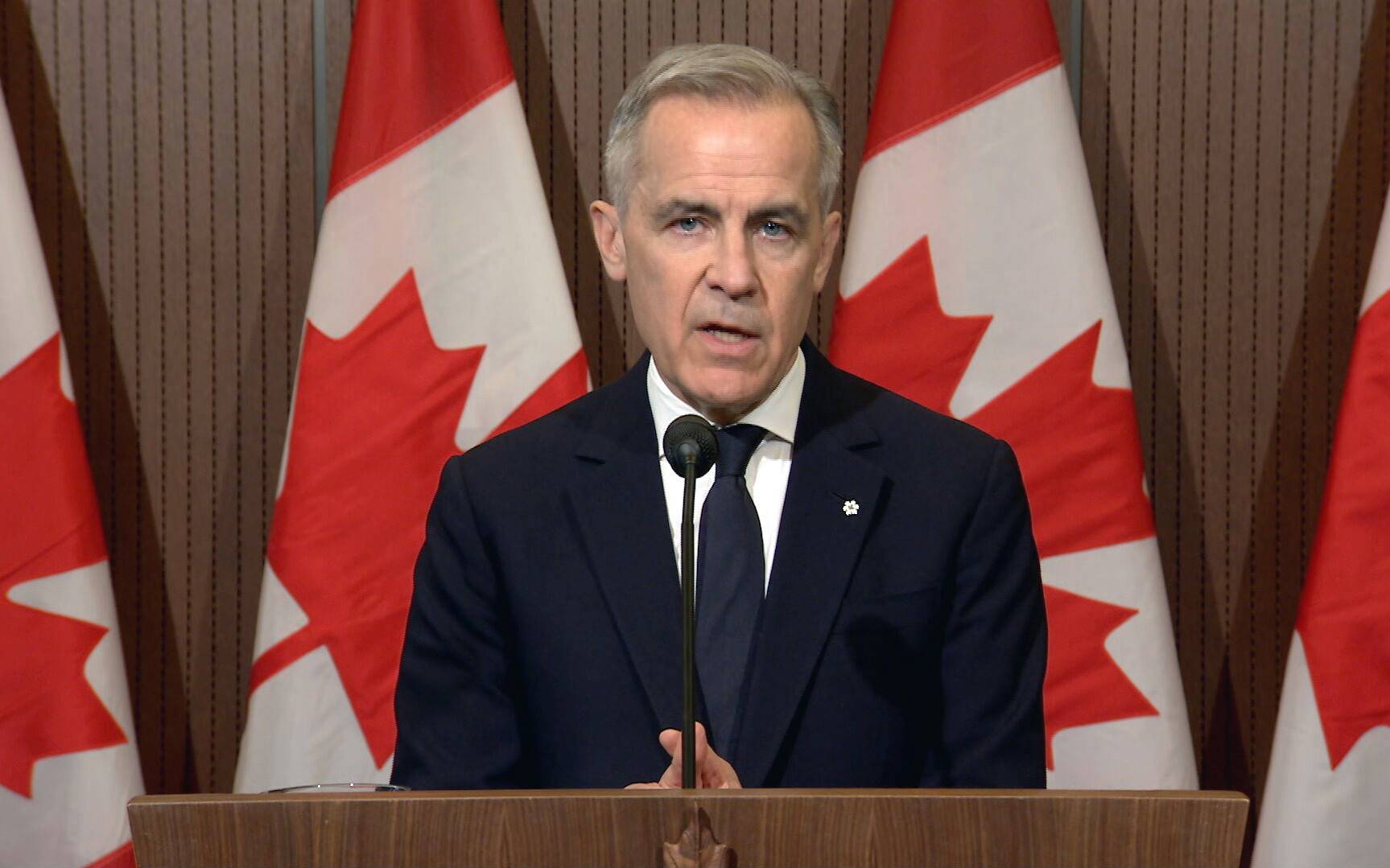Canada Fights Back With 25-Percent Tariffs on U.S. Auto Imports

Canada will slap a 25-percent tariff on vehicles imported from the United States that do not comply with the Canada-United States-Mexico Agreement (CUSMA), Prime Minister Mark Carney announced on Thursday. Those that comply will be hit a 25-percent tariff on their non-Canadian content.
This comes on the same day that 25-percent tariffs on all foreign-made vehicles and parts imported to U.S. came into effect as part of President Donald Trump’s plan to force manufacturers to move production to America.
Read also
- Volvo to Step Up U.S. Production After Tariffs
- Trump Announces 25% Tariffs on All Foreign-Built Vehicles
Carney stressed that Canada’s “carefully calibrated” retaliatory tariffs will not target U.S. parts destined for manufacturing plants of this side of the border because “we know the benefits of our integrated production system.” He called Trump’s tariffs “unjustified, unwarranted and misguided.”
According to research by the Canadian Automotive Partnership Council, over 40 percent of vehicles sold in Canada by volume were assembled in the U.S. last year—representing approximately 750,000 units and tens of billions of dollars in value.

What the Auto Industry is Saying
“The priority of the automotive industry on both sides of the Canada-U.S. border is continued, stable, free trade between the two jurisdictions,” said David Adams, President and CEO of Global Automakers of Canada. “The Government of Canada must seek to secure continued free trade movement of vehicles and parts across North America through the ongoing implementation of the Canada-US-Mexico Agreement (CUSMA) by the three signatory countries.”
Like many others, Adams believes the threat of trade tariffs and supply chain disruptions creates significant uncertainty for Canada’s auto industry and consumers.
Stellantis, for one, has already announced it will halt production at its Windsor assembly plant in Ontario, which builds Chrysler minivans and the Dodge Charger Daytona, for the weeks of April 7 and 14. Around 3,600 workers will be out of work.
“We need the government working with the industry to give us the flexibility required to respond to these challenging times and continue supporting Canadian workers and customers,” Adams said.







